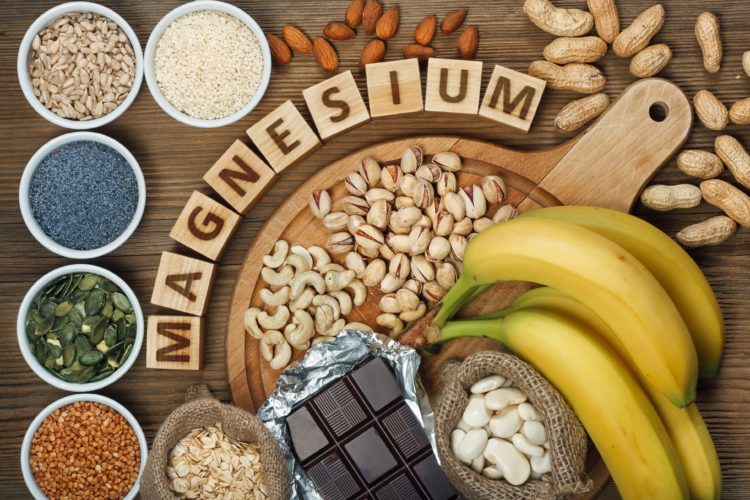Magnesium is an electrolyte that is necessary for proper muscle, nerve, and enzyme function. This electrolyte is also the one most greatly depleted by exercise, even more so than potassium and sodium.
Magnesium is beneficial in many facets of physical performance, but the primary influences are:
Improved Strength and Power
The enzymes that synthesize proteins are compromised without magnesium impairing recovery, growth, and strength. This nutrient also helps movements to be more powerful and explosive. Magnesium deficiency can slow progress and prevent physical progression.
Improved Hormone Balance
Magnesium helps to increase free testosterone, which is the testosterone in the body that is available for use. Magnesium aides in the relaxation process, allowing the autonomic nervous system to relax. This decreases the cortisol level within the blood. Cortisol is an antagonist for testosterone so magnesium is a double-edged sword for optimization of hormone function!
Increased Insulin Sensitivity
Magnesium plays an important role in metabolization of carbs helping with insulin sensitivity and improved metabolism. Proper supplementation can lead to a better body composition by increasing muscle and decreasing body fat.
Improved Sleep and Recovery
Magnesium aids in relaxation by calming the autonomic nervous system. This allows the heart rate to decrease and breathing to slow, promoting improved relaxation and sounder sleep. Magnesium also fights inflammation, acts as an antioxidant, and helps improve storage of energy.
In short, if magnesium is not a part of your regular supplementation, you are missing out on great improvement in all aspects of your life — from sleep to muscle recovery, reduced inflammation to improved body composition. This electrolyte has it all.

